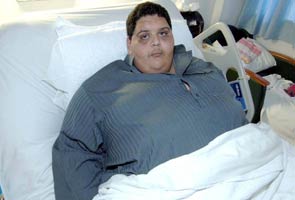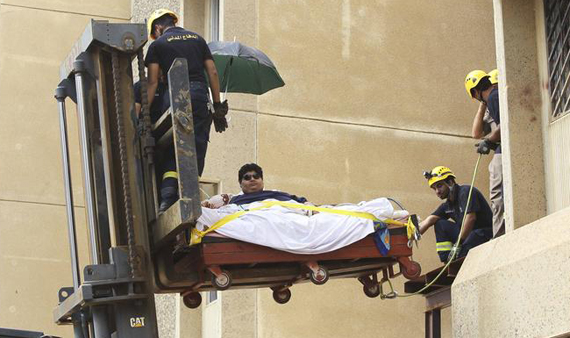Mangaluru, Apr 10: In a profound act of generosity and faith, senior businessman and Congress leader Inayath Ali has donated 1.5 acres of prime land in the heart of Mangaluru for the construction of a Haj Bhavan. The land—strategically located just 1.5 kilometres from the Mangaluru International Airport and adjacent to a major road—is estimated to be worth over ₹8 crore.
The donation, made earlier this week, has captured public attention not just for its magnitude, but for the spirit behind it. At a time when the nation is engaged in an intense debate over the recently passed Waqf (Amendment) Act, this selfless contribution opens a new chapter in understanding the true essence of waqf.
According to sources, the upcoming Haj Bhavan will house a mosque, and offer training and orientation services for pilgrims travelling to Mecca—providing both spiritual and logistical support to hundreds of Hajj aspirants from the region.
What sets this gesture apart is the absolute surrender of rights by Inayath Ali. Despite not being a high-profile industrialist or real estate mogul, he has forfeited all claims over the land. Under Islamic waqf principles, once a property is donated, neither the donor nor their descendants can reclaim or profit from it—making it a permanent endowment for the community.
This timely development is sparking fresh conversations about the spiritual and charitable foundations of waqf, especially amid allegations and controversies surrounding waqf properties in various parts of the country. Critics often claim that waqf lands have expanded disproportionately or were historically acquired from other communities. Inayath Ali’s donation stands as a counter-narrative—one that reflects the voluntary, sacred, and socially uplifting nature of such endowments.
For generations, Muslims—from wealthy businesspersons to humble individuals—have donated land and property to build mosques, madrasas, orphanages, and cemeteries. Elders from the coastal Muslim community affirm that such acts are not merely cultural traditions but are deeply rooted in the belief that sadaqah jariyah (a continuing charity) benefits the soul in both this world and the hereafter.
Inayath Ali’s contribution, thus, is not just a donation of land—it is a message of unity, service, and spiritual vision for generations to come.









Comments
Add new comment